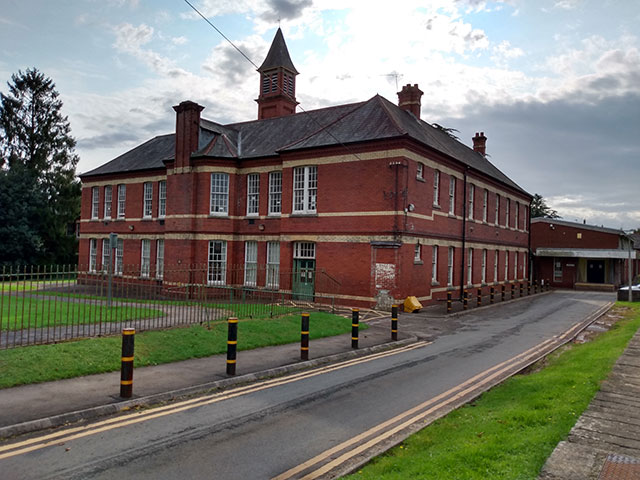PEOPLE with suicidal thoughts can be denied help because of drug and alcohol use or they fear support can be withdrawn, councillors have heard.
Staff from mental health charity Mind, which works across Gwent, outlined a number of “barriers” facing people experiencing mental ill-health to members of Monmouthshire County Council’s public services committee.
Jamie Devlin, head of housing and tenancy support for the charity, said: “We currently work with 342 people a week and can see them for up to two years and come across barriers where one service, such as social services, will say we can’t see them because they are using illegal substances.
“However, it is chicken and egg, are they using substance because of poor mental health or are they having poor mental health because of the substances? And while those questions are being asked people are being, I don’t want to say failed, but are not being supported when they need to be.”
Mr Devlin said since the pandemic, the service has no longer been able to refer people to the community mental health team “even potentially in psychosis” and instead they must see their GP who will make an assessment and a referral for the mental health team.
‘Barriers’
His colleague Megan Escott said she had asked clients for examples of “barriers when feeling suicidal to getting help”.
As well as clients being denied support due to substance use she said some then found they couldn’t get help to stop using drugs or alcohol: “They are told ‘we can’t help you because that substance is what is keeping you alive’.”
She said some also had concerns about group therapy which has re-traumatised them listening to other people’s stories while others don’t like taking medication and fear being shut off from support if they raise their concerns. Others have waited two years for trauma therapy and then been told they aren’t eligible as they would be unable to cope with the treatment.
She said “more communication” with clients about what to expect would be good.
Dr Liz Andrew, who briefed the committee on mental health services provided by Gwent’s Aneurin Bevan University Health Board, including for those at risk of suicide, thanked Mr Devlin for his comments.
She said she didn’t “recognise” his experience of contacting the mental health team but would look into them and said they will also be included in a review of referral pathways. She also said she would receive the other comments on barriers to support.
Frances Taylor, independent councillor for Magor West, said she was sure all councillors had experience of people “who haven’t been able to access support appropriately” due to issues such as substance addiction.
‘Potential difficulties’
Louise Turner, head of mental health for the Aneurin Bevan NHS board, said it has strategies to recognise the potential difficulties and said it is important it and partners such as council’s work together to “make sure we haven’t got lots of barriers.”
She said there is an area planning board that works with other services and is intended to ensure people don’t “fall between services” while in Newport the city council and health board jointly fund a COG service for co-occurring problems such as mental health and substance misuse.
Cllr Taylor suggested Monmouthshire’s public services committee write to the council’s cabinet member to consider a similar service for the county.

